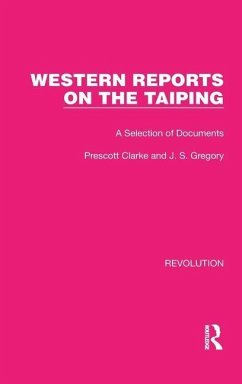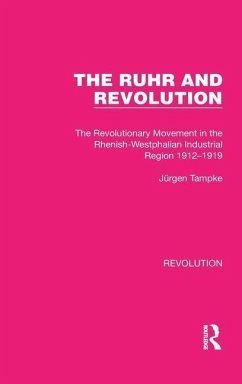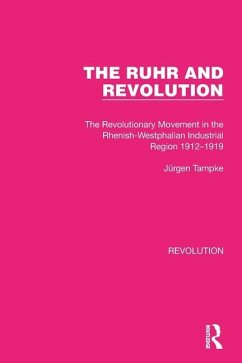
A History of Political Thought in the English Revolution
Versandkostenfrei!
Versandfertig in 6-10 Tagen
30,99 €
inkl. MwSt.
Weitere Ausgaben:

PAYBACK Punkte
15 °P sammeln!
A History of Political Thought in the English Revolution (1954) examines the large range of political doctrines which played their part in the English revolution - a period when modern democratic ideas began. The political literature of the period between 1645, when the Levellers first seized upon the revolution's wider implications, and 1660, when Charles II restored the monarchy to power, is here studied in detail.














